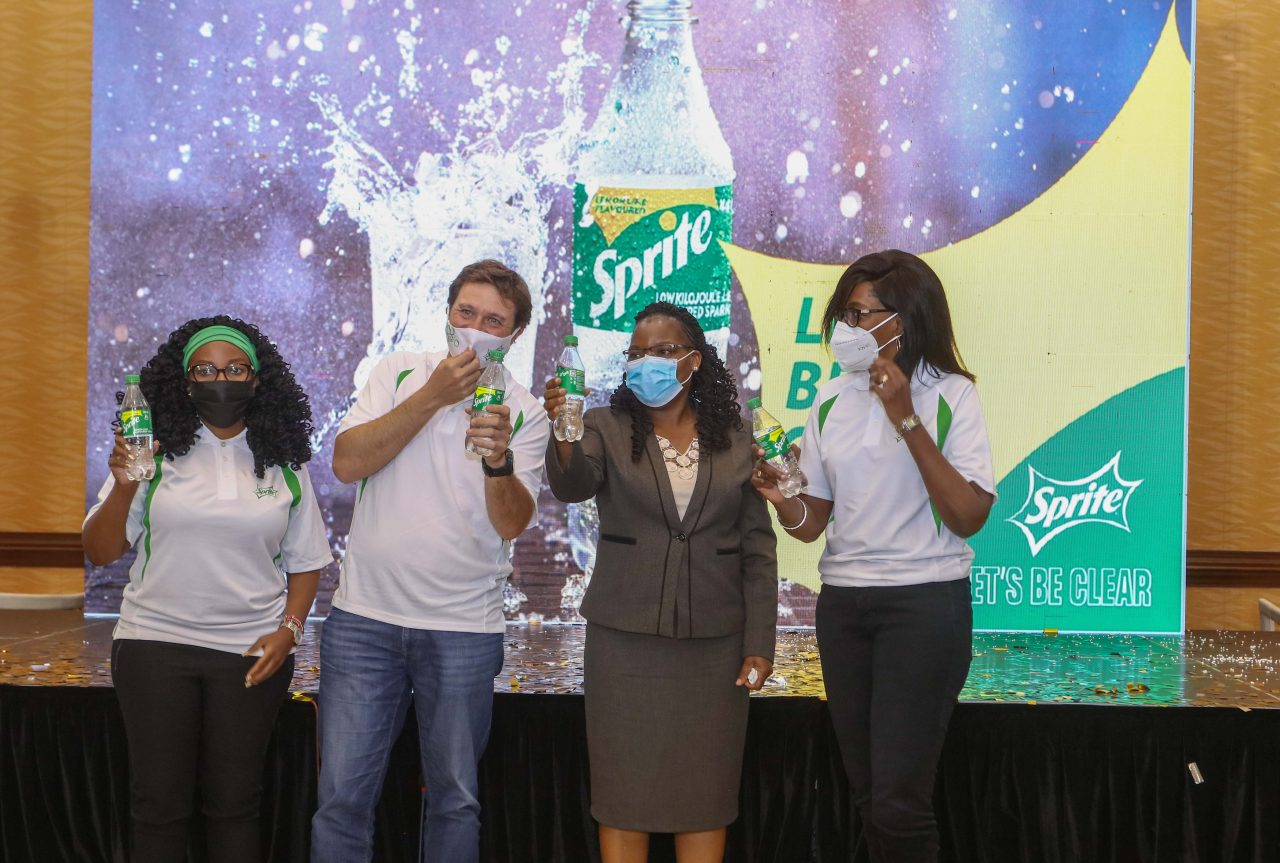The world is in agreement that plastic waste is a menace and a drawback to environmental preservation. We have all seen what it does to marine life when it gets to oceans, and how unmanaged plastic clogs drain storms and rivers in some parts of the world. So yes, there is a problem in plastic waste disposal, and it is a big one. But can the world completely eliminate it from daily use?
Not really. Plastic as at now cannot be completely done away with. This versatile material has so many functions that right from the moment we wake up, we use it in one form or other in our homes and offices. Kitchen appliances, utensils and food storage containers all have plastic. The mobile phones that are our constant companions have plastic components. The cars we drive or get driven in have plastic parts, otherwise they would be too heavy. We use plastic every day without even realizing.
Outside of our homes and daily lives, plastic is a big part of packaging. Trade has become global and therefore more complex, so that huge volumes of goods are moving from country to country. The most practical packaging for the bulk of imports and exports is plastic since it weighs less than many other alternatives. So, plastic is so widely used and so enmeshed in everything from manufacturing to trade to electronics that the solution to its disadvantages does not lie in stopping its use, but in reusing and recycling.
A big part of the answer lies in manufacturers who are willing to give environmental preservation a boost by embedding recycling and sustainability into their policies. Waste plastic can them move ahead and become raw material for making things like polyester for clothing, duvets and pillows, carpeting, and new PET packaging. In vehicles, it can be used for sound insulation, seat covers and boot lining.

One company that is already doing that is Coca-Cola through the World Without Waste program, whose mission is to make Coca-Cola’s packaging 100% recyclable by 2025. The company also pledges to use 50% recycled materials in their bottles and cans by 2030. Coca-Cola has already been taking steps towards that, with the latest being making the Sprite bottle clear. Clear PET is recyclable as opposed to the previous green bottle which had to be sorted out by recyclers and left behind while clear and blue bottles went ahead to the next stages.
What Coca-Cola is doing is no mean feat. It is a very ambitious and challenging initiative which the company is ready to take on and work with other partners. The company is using its huge visibility globally to educate, inspire, and advance the sustainability agenda and this is laudable.
I was able to see the results of this firsthand when my colleague and I visited PET Bottle Recyclers in Baba Dogo Nairobi. In the short while that the Sprite bottle has been clear, the volume of green used bottles has gone down noticeably, and heaps are getting smaller by the day. Work is now easier for the workforce at the plant since there is less sorting to be done. The bottom line for the business will eventually get better since they’re not buying bottles that they cannot convert to money in the form of recycled plastic.
This is just one example and by the time Coca-Cola is done with the projected agenda, the impact will be massive. Coca-Cola is in good company in this recycling journey. Other companies that have signed the New Plastics Economy Global Commitment are Nestle, Unilever, and Colgate-Palmolive.
Human beings as the end user for lots of plastic like soft drink packaging can also take part in managing waste plastic by changing daily habits that contribute towards unmanaged waste. We could stop littering for example. Or commit ourselves to reusing plastic. There is a lot of awareness created around proper disposal of plastics by people in their personal capacities. It is partly due to this lack of individual accountability that plastic waste is choking rivers and affecting marine life. In the end though, there is only so much anyone can do about human behavior. Which is why corporate input in matters recycling is so crucial.